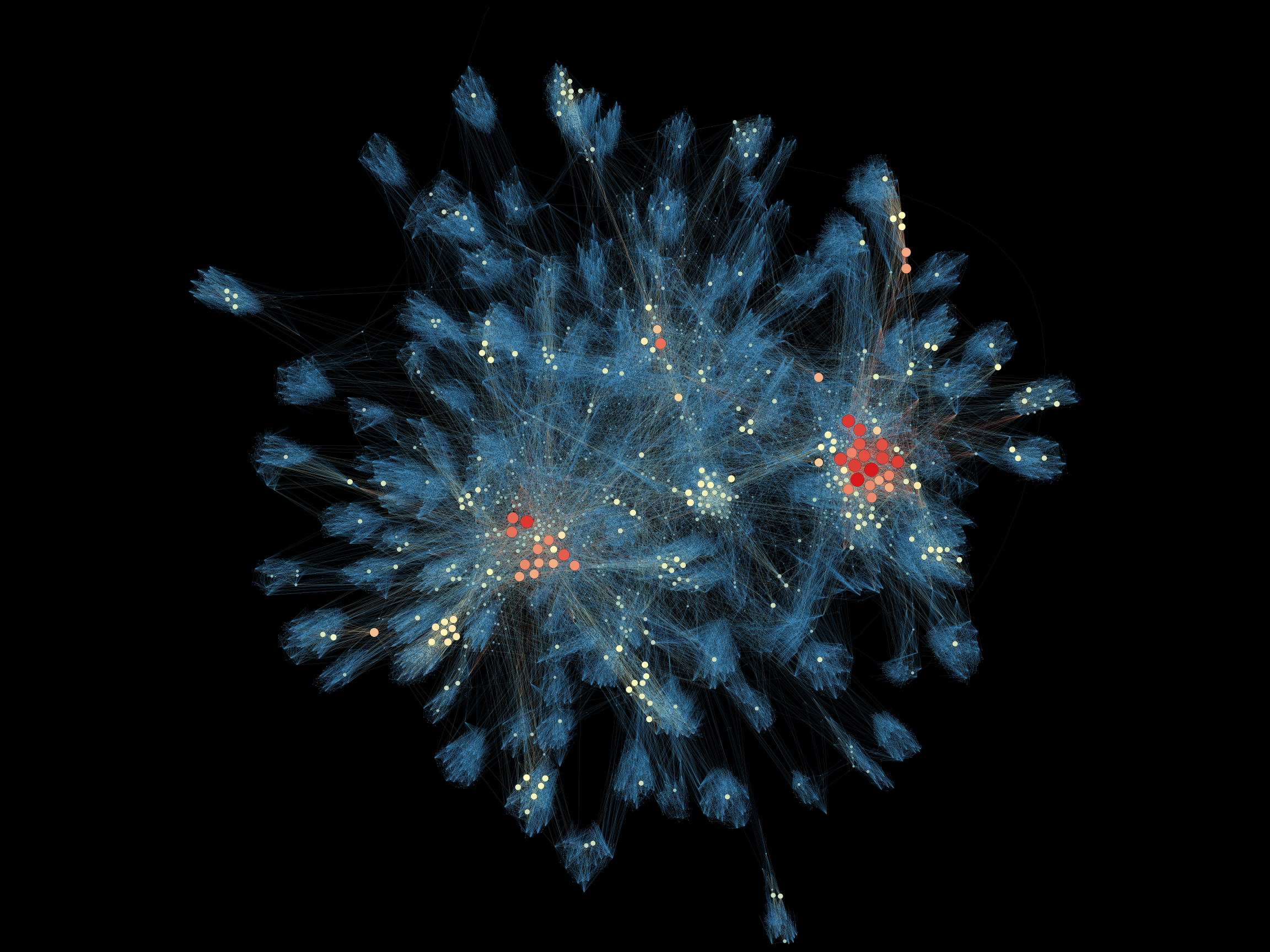
Cross-disciplinary Discoveries
By transcending traditional boundaries and encouraging collaboration, researchers can tap into the full potential of different disciplines, revolutionising our understanding of cancer and driving transformative advancements in diagnosis, treatment, and prevention. The integration of engineering, mathematics, and physical sciences with cancer research offers new tools, technologies, and perspectives that can accelerate discoveries and improve patient outcomes. Embracing this interdisciplinary ethos unlocks the collective expertise of scientists, unraveling the complexities of cancer and paving the path to a future free from its devastating impact.

Strong foundations have been built in our understanding of the genetic heterogeneity and evolution of cancer, thanks to ground-breaking advancements in interdisciplinary approaches. The invention of next-generation sequencing has been instrumental in unravelling the complexities of cancer genomes. Through innovations in sequencing chemistry, the cost and speed of genome sequencing have significantly decreased, enabling large-scale studies that generate meaningful results and address clinically relevant questions. The power of protein engineering has been harnessed with the advent of CRISPR, revolutionizing our ability to explore gene functions on an unprecedented scale. This breakthrough technology has opened new doors for understanding the role of specific genes in cancer development and progression. Nanotechnologies have also played a pivotal role, paving the way for RNA-based vaccines that hold immense potential in cancer treatment and prevention. These interdisciplinary approaches have propelled the development of innovative therapies that could transform the landscape of cancer care. In addition, machine learning and artificial intelligence have revolutionized data processing, providing invaluable tools for uncovering hidden patterns and secrets that may go unnoticed by the human mind. These computational approaches have significantly advanced our understanding of complex biological systems and facilitated the discovery of novel biomarkers, therapeutic targets, and treatment strategies.
The Convergence Science Centre harnesses the collective expertise of engineering, mathematics, physical, life, and medical sciences, combined with cutting-edge cancer research knowledge from Imperial and the ICR. As pioneers of interdisciplinary research, both institutions champion the integration of chemical biology, bioengineering, and computational sciences. Our mission is to tackle novel questions and solve complex problems in cancer that have remained unanswered by traditional approaches.
Looking ahead, we firmly believe that the potential of interdisciplinary science in developing game-changing solutions to compelling cancer problems is only in its nascent stages. The examples of technological leaps in biology, fuelled by interdisciplinary collaboration, illustrate the immense power and potential that lies at the intersection of diverse scientific fields. By continuing to embrace interdisciplinary approaches, we can accelerate the pace of discovery, propel innovation, and ultimately make remarkable strides in the battle against cancer.
